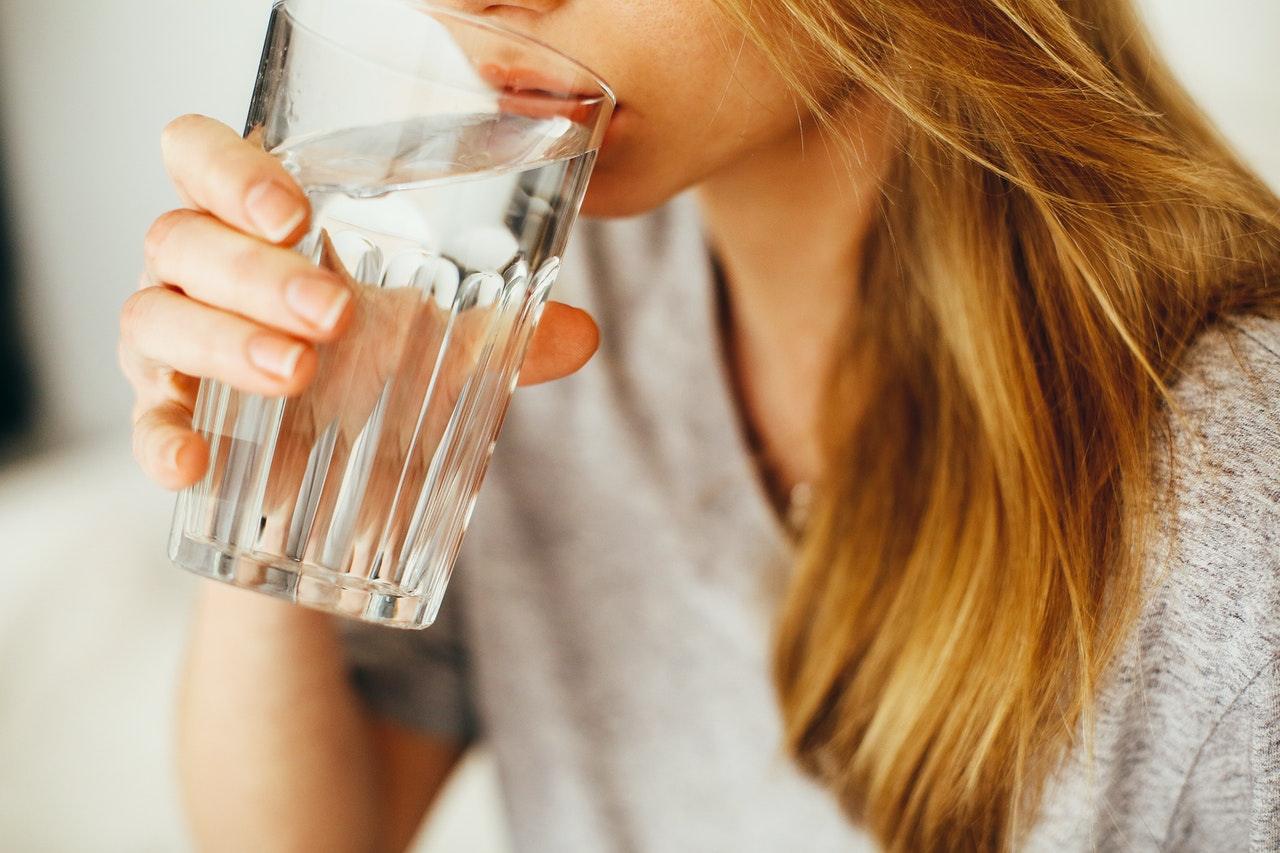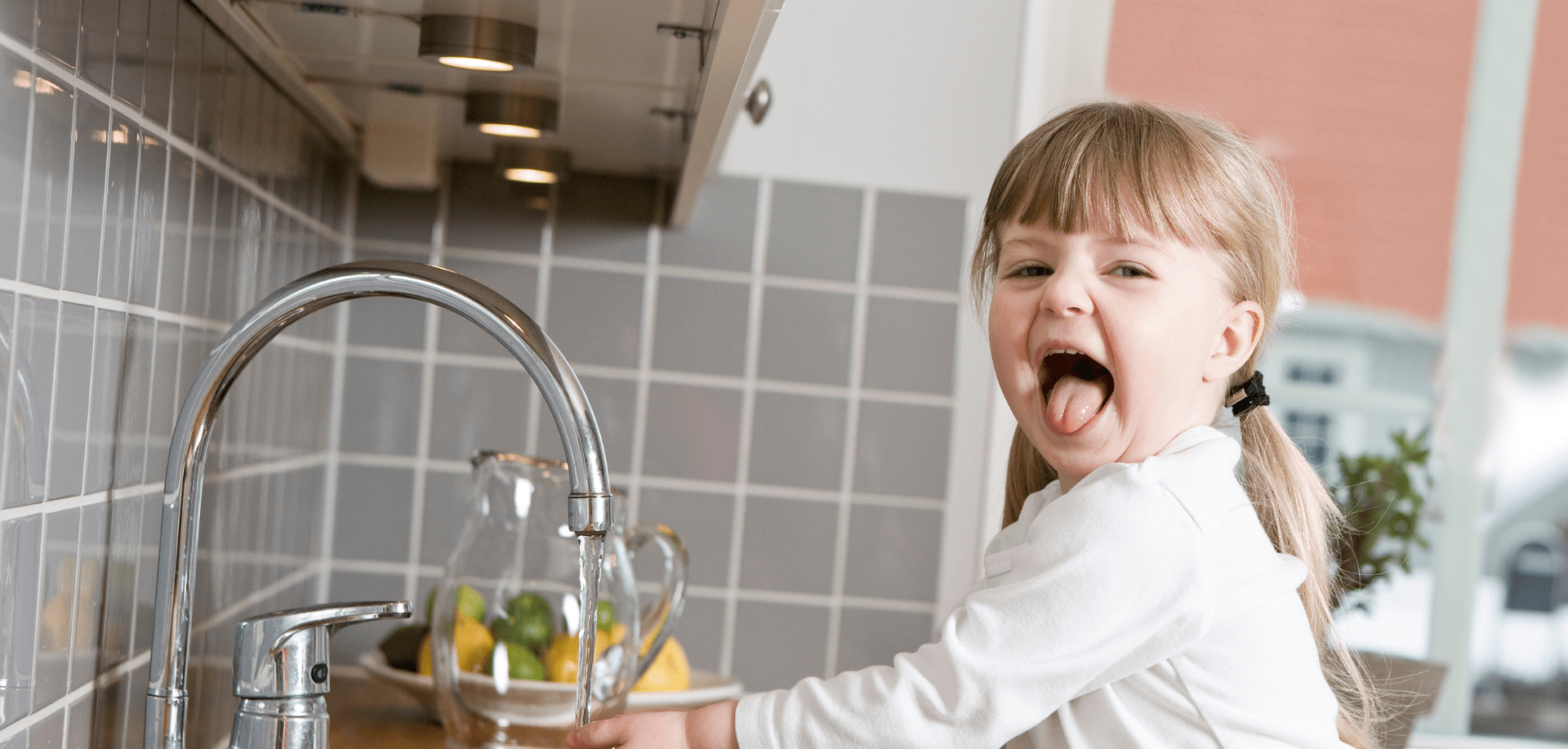Is softened water safe to drink?

Softened water is usually fine to drink. Most people won’t notice a thing. But if you’re on a low-salt diet or mixing baby formula, hard water is safer.
It has more sodium because of how it’s treated. Not loads, but enough to matter for some. So, can you drink softened water? Yes. Should you? Depends on your situation. When in doubt, ask your doctor.
What is Softened Water?
Softened water is just water that’s had the hard stuff taken out—minerals. Mostly calcium and magnesium. These two show up in tap water naturally, and they’re not bad for you. But in big amounts, they can be a headache. They stick to pipes, mess with your kettle, and leave white marks around your drinking water taps. Over time, they can even wreck your washing machine. That’s why people get a water softener.
How Water Softening Works
The water softening process uses a system filled with tiny resin beads. These beads carry sodium. When hard water passes through them, the calcium and magnesium in the water stick to the beads. Right here, a small amount of sodium is added to the water.
Here’s how it works:
- Hard water enters the softener tank.
- Resin beads catch the calcium and magnesium.
- Sodium takes its place in the water.
- Over time, the beads fill up with calcium and magnesium.
- A saltwater mix flushes them clean so they can be reused.
Even though salt is used to clean the water filtering system, it doesn’t get into the water you drink. This is a common misunderstanding. People often think softened water tastes salty, but that’s not the case.
Common Minerals Removed and Added
Removed:
- Calcium
- Magnesium
Added:
- Sodium
These changes make softened water feel smoother and help reduce buildup in appliances. It’s worth noting that the sodium in softened water is different from the salt you eat. It’s a result of the water softening process, not a spoonful of table salt.
So, while softened water might have more sodium, it usually falls within safe limits.
Benefits of Drinking Softened Water
Many homes switch to softened water not just for cleaning, but for the way it feels and works in everyday life.
- Improved Taste and Appliance Protection. Softened water doesn’t leave marks on glass or metal and helps your appliances last longer.
- Effects on Skin and Hair. Washing in softened water often leaves skin softer and hair smoother, with less soap or shampoo needed.
- Less Limescale Buildup. Your kettle, showerhead, and pipes will thank you. Softened water stops the chalky white deposits from forming.
- Cleaner Dishes and Laundry. Clothes come out softer, dishes have fewer spots, and you won’t need as much detergent.
- More Efficient Heating Systems. Boilers and heating systems work better without mineral buildup, saving you money in the long run.
All these are common benefits of softened water; it is a personal choice, and the way it improves your home is easy to see.
Potential Concerns and How to Address Them
Some people ask about the side effects of drinking softened water. The main worry is the added sodium. If you’re watching your salt intake due to health reasons, that small extra amount could matter. Babies under six weeks old also shouldn’t have softened water, as their kidneys aren’t fully developed.
So what’s the solution? A second tap for drinking. When fitted with a water softener, many homes choose to keep one kitchen tap that supplies unsoftened water. This gives you clean, untreated water for drinking and cooking, and soft water for everything else. It’s an easy fix that gives you the best of both.
How Harvey Water Softeners Supports Safe Water Use
Harvey Water Softeners has been helping UK homes manage their hard water for over 40 years. We understand the questions people have—can you drink softened water, is it safe to drink softened water, and what the risks of softened water consumption might be. That’s why we take a personal approach to every installation.
Customized Solutions for Homes
We start by checking the hardness of your local water. Some areas in the UK have very hard water, up to 435 ppm calcium carbonate. The harder the water, the more sodium is needed in the water softening process, and that means higher levels in the water after softening.
If the sodium in softened water goes over 200 mg/l, we install a second tap by default. This tap gives you untreated water at your kitchen sink. That way, you can drink hard water if you want to or need to.
We believe this is the right way to handle it. Instead of guessing, we test and tailor each system. That’s how we keep the answer to “Is soft water safe to drink?” as a clear yes, for most people, most of the time.
Expert Advice and Maintenance Services
We’ve been working with water softeners for over 40 years. During that time, we’ve learned what people really care about—clean water, clear answers, and working systems. When you get in touch with Harvey, we don’t just send a brochure. One of our experts will come by, check your water, and explain how softening would work in your home.
If you’re worried about sodium in softened water, we’ll calculate how much would be in your water after softening. We’ll also show you how we fit a drinking water tap to keep that concern out of the way. These taps are tested, simple to use, and built to last.
After your system is installed, we don’t disappear. You can call us if you need help or if something doesn’t feel right. We also offer regular servicing to keep your softener running smoothly. It’s not just about the machine. It’s about making sure your water works the way it should, every day.
At Harvey, we care because you care. Our goal is to make things easy, safe, and worry-free for everyone who uses our products.

